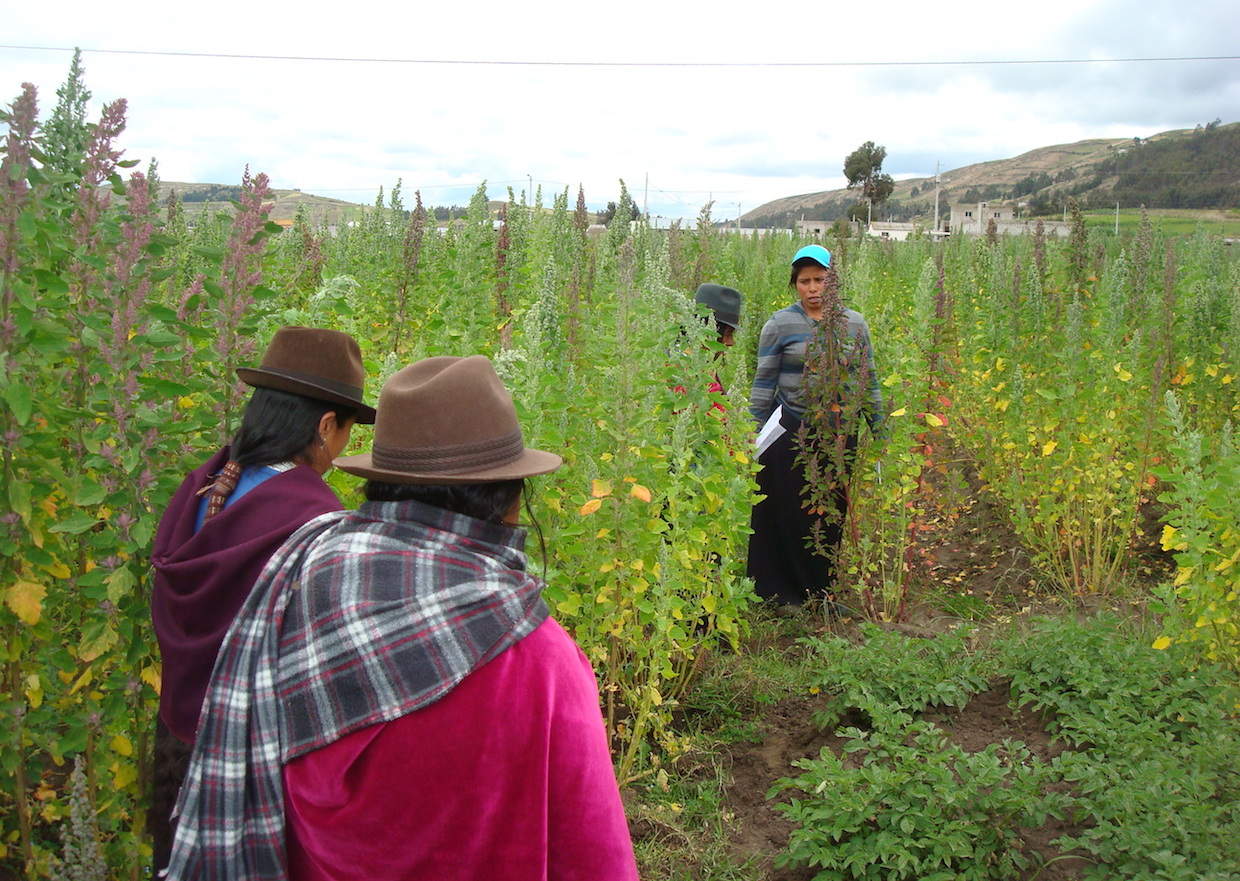Facilitating improved market access for rural, smallholder farmers of coffee, quinoa and honey is the goal of a new program being jointly led by the Food and Agriculture Organization of the United Nations (FAO) and the Latin American Integration Association (ALADI).
Thus far, the program has involved training 50 small farms and family farming organizations in 13 countries how to improve their access to international markets. The training is being augmented by technical assistance and support through tailored individual consultations, while FAO and ALADI have just released a detailed, practical guide for farmers and farming organizations seeking improved market access. Written in Spanish, the guide spans more than 150 pages.
“Bolstering participation in international markets by family farmers and small-scale operations is a fundamental step in making sure the region’s food systems are inclusive and contribute to adequate nutrition,” Tania Santivañez, an FAO agricultural officer based in Chile said in a recent announcement of the program rollout.
Coffee is one of three crops focused on through the program for its existing presence in Latin America, and for its earning potential in export markets. The timing of the program seems especially appropriate given that coffee futures prices on the commodities market have been at historically low prices in recent weeks. At the time of this writing, coffee futures were trading at $1.169.
One specific coffee partnership mentioned mentioned by FAO in its program announcement is taking place in the Coto Brus Canton in Southeastern Costa Rica, where environmentally friendly cultivation methods already taking place are being leveraged to reach greater value in export markets. Said Canton officer Armando Navarro, “The program helped us realize the great potential that our coffee has in terms of quality and traceability, values that can help us pursue integrated agroforestry techniques.”
Nick Brown
Nick Brown is the editor of Daily Coffee News by Roast Magazine.







Comment